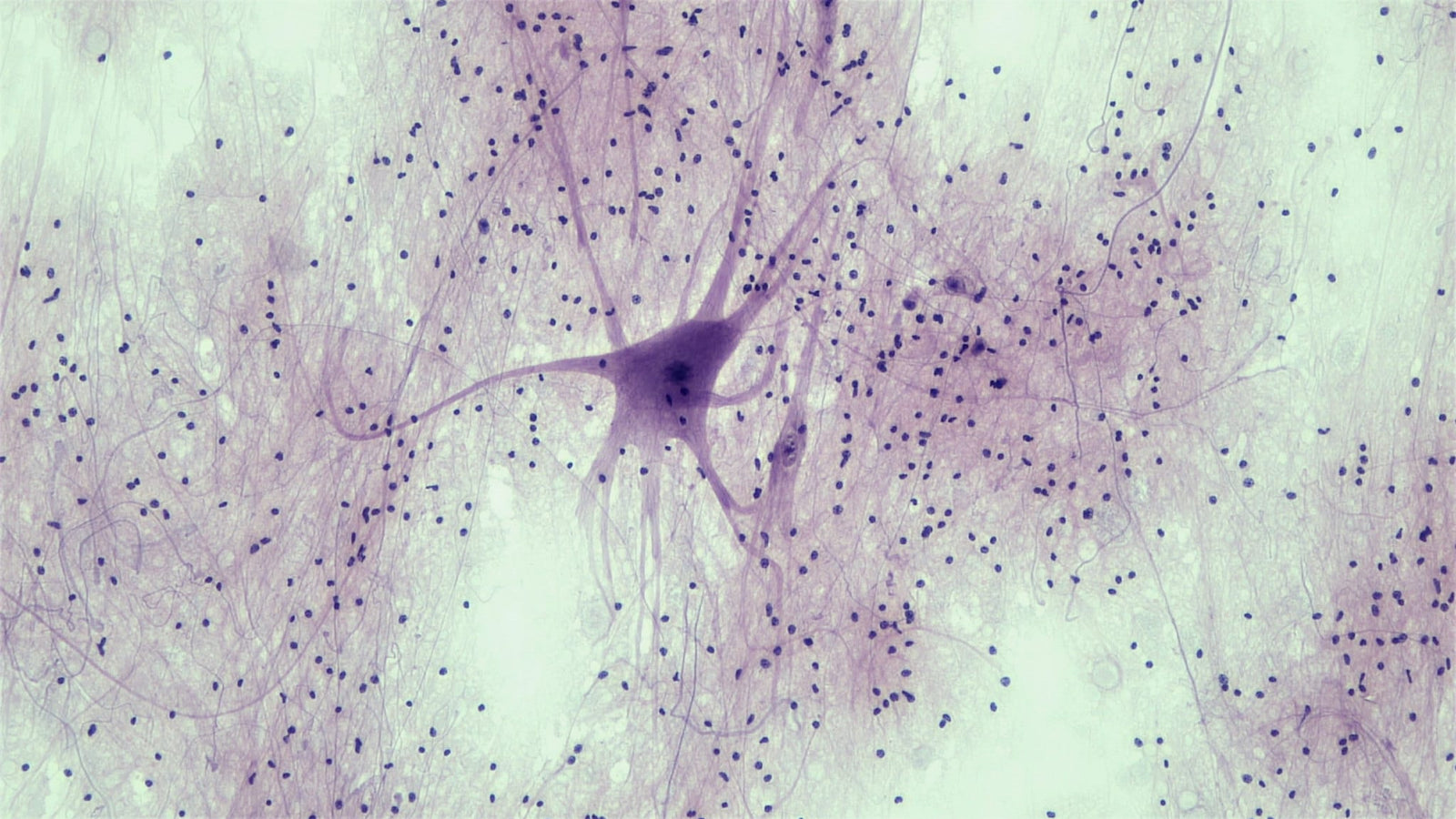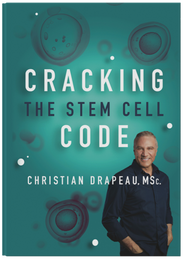How YOUR Own Stem Cells Can Support Your Brain

The Brain Cannot Regenerate – So we were told
According to the traditional view, expressed by Nobel Prize Laureate and neurology pioneer Ramon y Cajal, the brain does not have the ability to regenerate after birth, we are born with a set number of neurons and we are doomed to slowly and helplessly lose our brain capacity with each passing year of our lives.[1] As is often the case in science, the prestige of Cajal as a scientist left a profound impression that largely contributed to maintaining that belief for a long time, in spite of repeated evidence to the contrary.Many Observations Suggested Otherwise
Over the years, many scientists reported the ability of the brain to regenerate.[2] For example, in the early 1980s, scientists observed that the area of the brain controlling the vocal chords of male canaries showed seasonal neurogenesis (creation of new neurons) with a dramatic increase in the number of neurons during the singing season and then soon after, a dramatic die-off when the season was over;[3] suggesting that the brain is capable of generating new neurons.Stem Cells Can Form New Brain Cells
The magnitude of this phenomenon was finally revealed when stem cells were observed to have the ability of migrating into the brain and forming new brain cells. These observations originally came from studies testing the feasibility of bone marrow transplant for the treatment of leukemia. Soon after the bone marrow transplant, stem cells were seen to migrate into the brain and becoming brain cells.[4] In one study, new neurons accounted for up to 1% of all neurons in the brain six years after bone marrow transplant.[5] So in the absence of any injury, the formation of new neurons in the brain could amount in one’s lifetime to an estimated 13% of the brain.So if the brain can repair, and stem cells appear to be a source of new brain cells, the focus rapidly morphed into a search for methods of tapping into the potential of adult stem cells for various brain problems.
Stem Cells Can Improve The Outcome Of A Stroke
A stroke is caused by a blockage or rupture of the cerebral artery, leading to the death of parts of the brain that in turn leads to significant motor and cognitive deficits, which can dramatically reduce one’s quality of life. If a treatment is not applied soon after the incident, the consequences are typically irreversible.Stem cells injected into the brain after a stroke are able to migrate to the site of the injury and improve brain function.[6] But the injection of stem cells in the brain requires sophisticated medical intervention with direct access to the brain. Alternatively, when stem cells were simply injected into the bloodstream, surprisingly this simple approach led to the significant recovery of motor and cognitive functions.[7] Likewise, the simple stimulation of Endogenous Stem Cell Mobilization, the release of one’s own stem cells, has also allowed for substantial improvements.[8][9][10][11] Similar results were obtained with other brain problems.[12][13][14][15]
What About Spinal Cord Injury?
If one were asked to name a problem for which medicine had no answers, spinal cord injury would be at the top of the list. We need only to think of Christopher Reeves to understand this. When someone has a spinal cord lesion, there is not much we can do to improve or mitigate the resulting handicap of the accident, which is determined by the part of the spinal cord that has been impacted.
The Promise of Stem Cell Research
Of all areas of medicine, spinal cord injury is probably the condition where stem cell research has brought the greatest promise. As soon as adult stem cells were documented as having significant regenerative potential, scientists began working on methods to use adult stem cells for spinal cord lesions. At first, stem cells isolated from dental pulp and hair follicles were used, as they contain markers for neurons. In various models of spinal cord injury, injection of these stem cells in the spinal cord led to the recovery of mobility within a few weeks.[16][17][18] Injection of stem cells extracted from the bone marrow was documented to form bundles of neuronal tissue bridging the spinal cord at the site of injury.[19]Simple ESCM For Spinal Cord Injury
In one study, significant benefits were reported by simply stimulating the release of stem cells from the bone marrow. After 5 weeks, Endogenous Stem Cell Mobilization (ESCM) improved locomotion, muscle reflexes, and sensitivity when compared to control group, and led to the formation of new neurons at the site of the injury.[20] Although the results were not as pronounced as those seen with a direct injection of stem cells into the spinal cord, due to the simplicity and safety of the approach, mobilization of stem cells from the bone marrow still constitutes a promising approach for spinal cord injury. A preliminary trial using a natural plant-based stem cell mobilizer taken orally showed promising results.[21]Conclusion
While the conclusion is not to tout a universal cure for afflictions of the nervous system, the emergence of stem cell research definitely offers great promises for conditions for which medicine currently has very little to offer. In the meantime, ESCM remains a simple and promising approach that is relatively inexpensive, safe and accessible to anyone.
